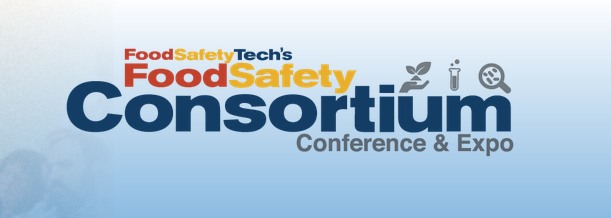This year’s Food Safety Consortium Virtual Conference Series kicks off on Thursday, May 6 with a keynote presentation from Frank Yiannas, FDA deputy commissioner for food policy and response. This year we are extending the Q&A period with Yiannas to 30 minutes, and we are providing attendees the opportunity to bring their questions to the top of the list by filling out the below form. We had a lot of questions during last year’s FDA Town Hall, and we’d love to be able to get to more of them this year.
The Spring Program will run every Thursday in May, with each episode starting at 12 pm ET. The weekly episodes will tackle a range of critical topics in foods safety, including FSMA and traceability, food protection strategies, COVID-19’s lasting impact on the food industry by segment, audits and supply chain management. Registration is open now.
Create your own user feedback survey
About the Food Safety Consortium Conference
The Food Safety Consortium is an educational and networking event for Food Protection that has food safety, food integrity and food defense as the foundation of the educational content of the program. With a unique focus on science, technology and compliance, the “Consortium” enables attendees to engage in sessions that are critical for advancing careers and organizations alike. Over the past 9 years the Food Safety Consortium has built a reputation for delivering the most knowledgeable and influential perspectives in food safety. The speaker line-up has driven key food safety decision-makers to the event (both in-person and virtually)—facilitating an environment for vendors, suppliers, food industry professionals, and consultants to network and build long-lasting business relationships.
Due to COVID-19, the 2020 Food Safety Consortium was converted to a virtual conference series that featured specific topics in a weekly episode series. The 2021 Food Safety Consortium Virtual Conference Series will feature a Spring and Fall program, running in May and October, respectively.












